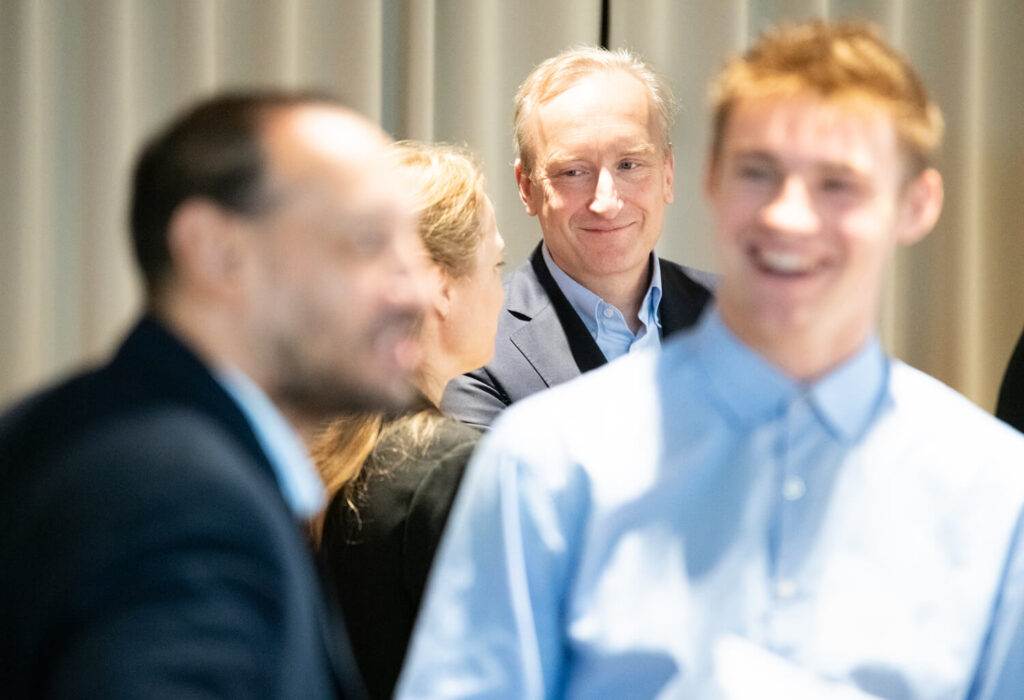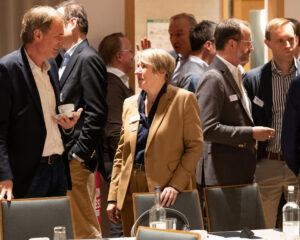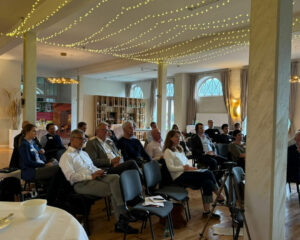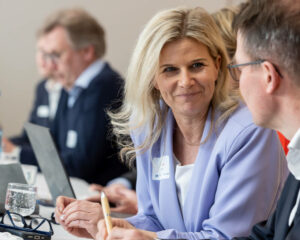
In the past quarter, BBA achieved a double record: in terms of both the number of start-ups financed (7) and the cumulative investment volume (EUR 1.5 million). No quarter since the association was founded in 2018 has been as successful. „We are very pleased that the period of restraint following the pandemic is now giving way to a new investment dynamic,“ explained the association’s Chief Commercial Officer, Kiel-based industrial engineer Norma Jensen.
DHDL investors came away empty-handed
Two of the association’s seven new portfolio companies had also received offers from investors on the RTL TV show „Die Höhle der Löwen“ (DHDL). The founders opted for the association because they found its terms and conditions more attractive. The seven start-ups come from a wide range of sectors: water treatment, transport logistics, digital health, superfoods, early cancer detection, industrial robotics and virtual reality.
Individual investments and syndicates with up to 7 investors
Investments were made either by the angels alone or, in most cases, syndicated by up to seven angels together. To facilitate such syndicated investments, the association founded its own subsidiary, Baltic Business Angels Invest GmbH, in January of this year.
Unique selling point: investments at home and abroad
Baltic Business Angels invested in start-ups from their region as well as in start-ups from the rest of Germany and two from abroad. This „regionally agnostic“ investing is an advantage that German business angel networks usually do not have: since the networks generally finance themselves from subsidies from their respective local authorities, they are then required to invite only start-ups based in their respective areas to so-called „matching events“. At these regular events, start-ups are presented to their potential future investors. „An exclusively local or regional offering significantly reduces the potential selection,“ explained Jensen’s fellow board member and BBA SH screening officer Claas H. Nieraad, whose main job is to advise investors and, selectively, start-ups.
Julian von Hassell, the association’s first chairman, added that there is a particular irony in the fact that the federal states, districts or municipalities that provide funding to support local angel networks usually obtain the funds they use for this purpose directly or indirectly from EU programmes. The annual European Business Angel meeting EAIS, held on 27 and 28 October, from which he had just returned from Brussels as a speaker, had chosen the collaboration of business angels from different countries as a key topic.












